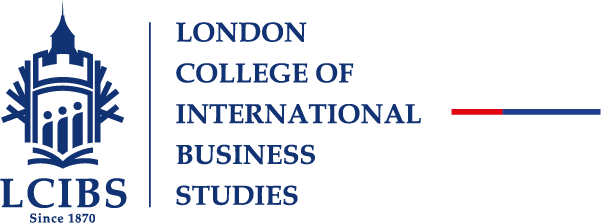Develop your ability to learn.
Small businesses have it tough as it is, needing to survive and grow without the resources of large corporations. Access to marketing budgets, legal experts, skills and finance are some of the biggest challenges. Topping it off, businesses have to contend with an extremely volatile external environment. We live in an uncertain world that’s driven by constantly changing digital technologies.
This is why, the greatest skill an entrepreneur can have in their arsenal, is a voracious and relentless ability to learn.
Lean Methodology
Think of a waterfall and how it flows: sequential, linear, from rock to rock until it reaches its geographically plotted destination. The waterfall method is a process model adopted by software developers in the 1970s. It meant that one could only move on to the next step of a system or programme design once the previous step was completed. It worked during the age of mass production lines, but in today’s fast paced, digital-first environment, it’s no longer feasible.
Today, development requires continuous testing, going back and tweaking something while continuously getting feedback. It’s about valuing people, their ideas and opinions over processes. American entrepreneur, Eric Ries, who first coined the Lean Methodology says, “Lean doesn’t ask, can this product be built? But rather, should this product be built?”
Entrepreneurs and intrapreneurs often fall into the same trap. They have an idea, develop a business plan, get approval and funding, then execute before they’ve tested the market reaction. In the age of digital media, customers are much more outspoken, making it essential to try out different samples of products and service offerings first.
Unlearning
Lean methodology requires an ability to learn, unlearn and relearn. Unlearning is sometimes the hardest. It’s having the courage to admit that our long-held assumptions, which are often the passionate driving force behind a business, can be wrong.
![]()
Learning, unlearning and relearning requires emotional and social awareness – an ability to empathise with customers, distributors
and suppliers. It requires the ability to listen carefully and understand the perspectives of others while drawing up different viewpoints. It’s like ‘trying on for size’ the worldviews of others.
Successful business owner managers are able to take constructive feedback and challenge their own personal constructions of their enterprise. From here they can build a better working picture of the business and its parts.
Progressive businesses see learning opportunities in their everyday routines – opportunities to test a new product, advertising campaign, target audience or different technology. Entrepreneurs need to be like magicians, able to understand and bring together disparate external factors, constantly enhancing and experimenting with them to create magic.

When it comes to experimenting, Lean businesses try out the Minimal Viable Product (MVP) first. For example a perfumery: instead of launching an entirely new perfume range, it would first test one or two different fragrances on a niche market, or loyal customer base. This determines feasibility before fully committing to the identified development opportunity.
At LCIBS our teaching methods and specifically designed business growth programmes help business owner managers, entrepreneurs and intrapreneurs unlock their ability to learn, and discover what they need to know and where to learn about it. This kind of learning is by no means linear, but often idiosyncratic, where students see their business as a testing laboratory. It requires real-world teaching in highly interactive classrooms. We provide a unique combination of relevant academic small business management knowledge, coaching and mentoring and strategic development to unlock the learning and relearning potential of each student.
Author: Peter Wyer







